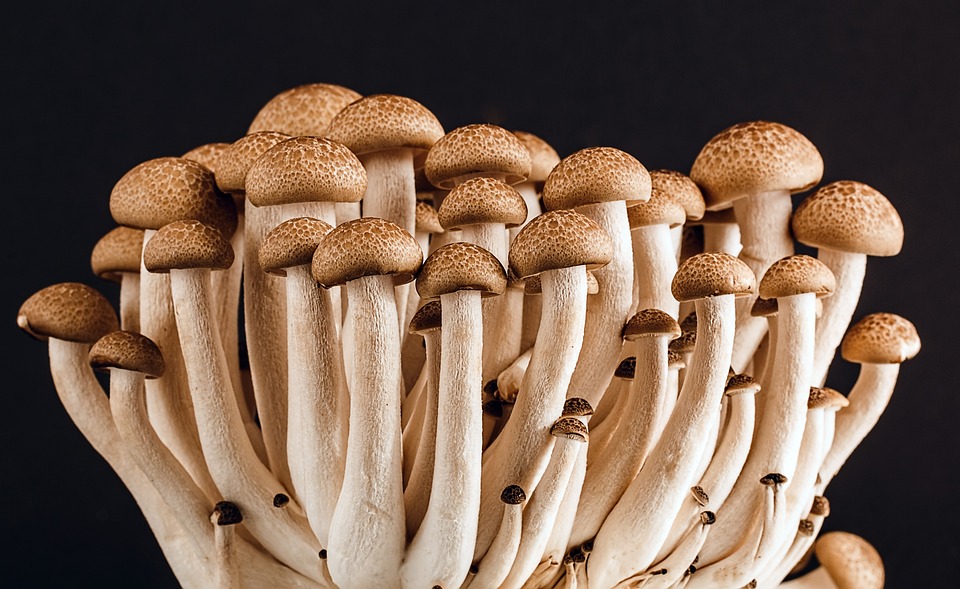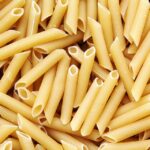We all know that maintaining a healthy diet is crucial for our overall well-being, but did you know that what you eat can also affect the health of your kidneys? One potential issue that can arise from an unhealthy diet is the presence of protein in urine, also known as proteinuria.
Proteinuria occurs when there is an excess amount of protein in the urine, which can be a sign of kidney damage or disease. While there are many factors that can contribute to proteinuria, including genetics and certain medications, diet is also a major player in this condition.
So, what exactly is the link between diet and proteinuria? Let’s take a closer look.
First and foremost, a diet that is high in protein can put a strain on the kidneys. When we consume protein, it is broken down into amino acids, which are then processed by the kidneys and excreted as waste. If we consume too much protein, the kidneys have to work harder to filter out the excess, which can lead to damage over time. This damage can cause protein to leak into the urine, resulting in proteinuria.
But it’s not just the amount of protein we consume that matters – the type of protein we eat can also play a role. Animal-based proteins, such as meat and dairy products, are often high in saturated fat and cholesterol, which can increase the risk of kidney disease. On the other hand, plant-based proteins, such as beans, lentils, and nuts, are typically lower in saturated fat and can actually have a protective effect on the kidneys.
In addition to protein, other dietary factors can also contribute to proteinuria. For example, a diet that is high in sodium can cause the kidneys to retain more water, which can lead to swelling and damage. Similarly, a diet that is low in antioxidants and other nutrients can weaken the immune system and make the kidneys more vulnerable to damage.
So, what can you do to prevent proteinuria and protect your kidney health? The key is to maintain a balanced diet that is rich in a variety of nutrients. Aim to consume a mix of plant-based proteins and lean animal-based proteins, and limit your intake of processed foods and sodium. Additionally, make sure to stay hydrated and get plenty of exercise, as both of these factors can help keep your kidneys healthy.
In summary, while there are many factors that can contribute to proteinuria, diet is a major player in this condition. By maintaining a healthy, balanced diet, you can help protect your kidneys and prevent the development of proteinuria. As always, be sure to consult with a healthcare professional if you have any concerns or questions about your kidney health.




